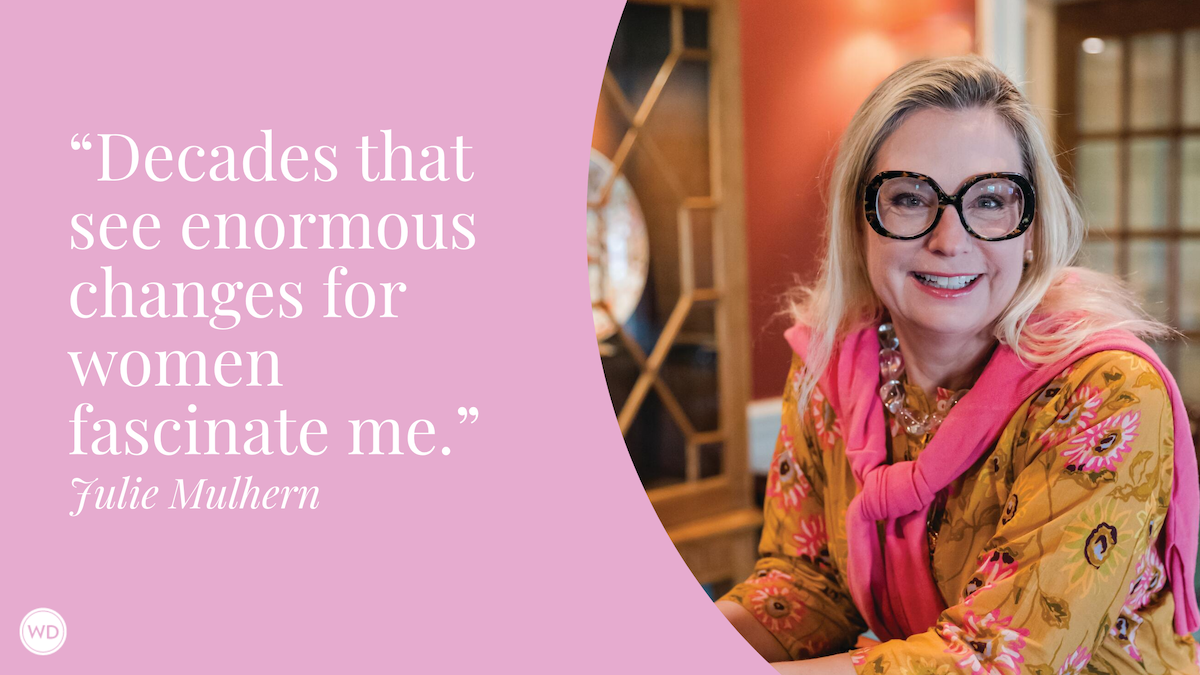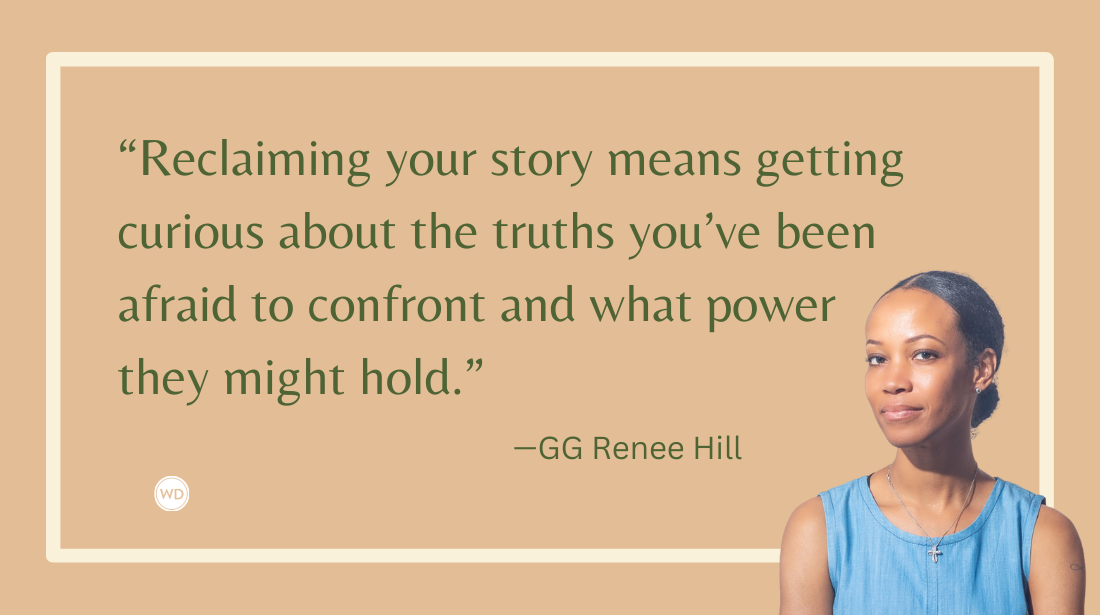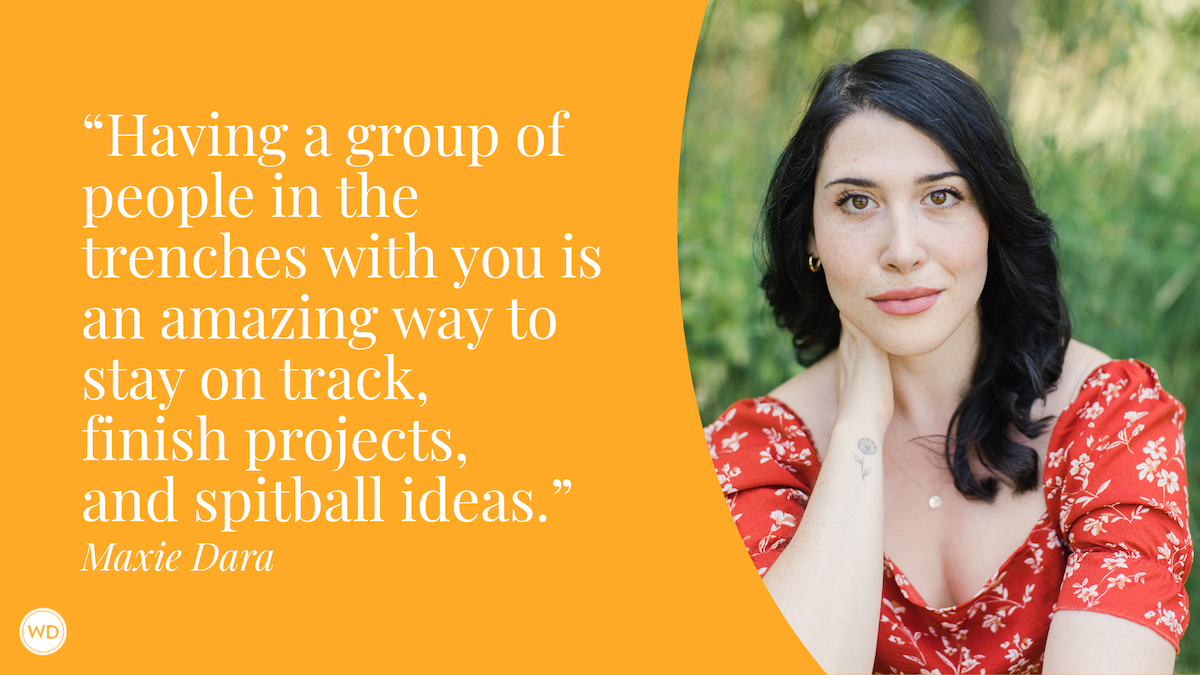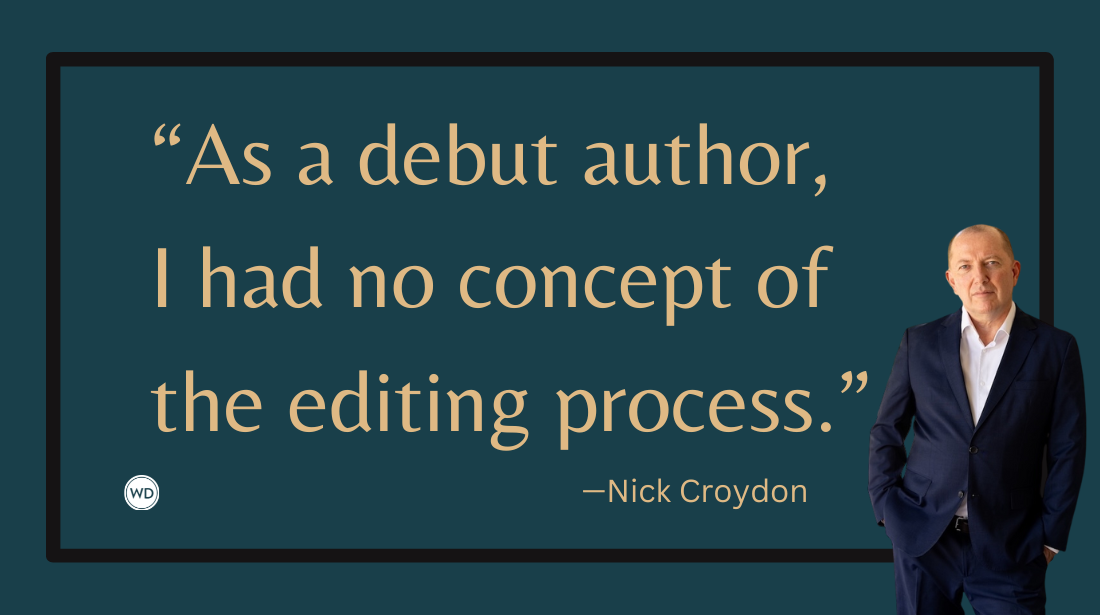“Don’t let your enthusiasm for your material turn your novel into the literary equivalent of three hours of vacation pictures.”
Last Wednesday, I mentioned a newspaper editor I used to have who would whip out his copy hatchet and perform barbaric surgery on all the reporters’ drafts, sometimes reducing my…
Last Wednesday, I mentioned a newspaper editor I used to have who would whip out his copy hatchet and perform barbaric surgery on all the reporters’ drafts, sometimes reducing my co-workers to tears of frustration—but always producing a better story in the end. We’d grumble and vent about him, question his editing skills, question his sizable mustache, do a fair amount of whining, but always secretly know that he was, well, right.
He had objectivity on our prose, a fresh eye. We didn’t.
And here’s something else he once did: After I’d turned in a fairly lengthy feature—the kind of story that you work on for a long time, fall in love with and get hopelessly lost in—he came to my desk with a printout of the piece. I looked up nervously. He stood there, reading the draft, occasionally eying me over the top of the page, then pulled out his red pen. My fellow reporters looked on. He made a few quick, emotionless swoops. Then, he turned the printout around to reveal two entire pages that he’d just struck from the draft.
“Who the hell cares?” he said, tossing the pages in my inbox. “Always remember that.”
And then he shrugged and walked away. We all bemoaned his callousness and made some cracks about his unfortunate mustache, but, again, after I got back to reading the piece, he was right. The pages were loaded with too many details, too many inconsequential facts, too many irrelevant bits and pieces that were like chunks of broken glass in the roadway of the narrative. I’d just gotten too immersed in the subject matter, and couldn’t realize it any more.
So if that great mustachioed editor left me with anything, it’s to try to remember. And then try to balance my work in a way that satisfies all parties—writer, and reader.
As for that balancing act when it comes to fiction (including the flipside of not providing enough detail) here’s the latest from Promptly’s Top 20 Tips From WD in 2010 series (the quote-worthy quips that branded themselves in my mind when we were creating these magazines throughout the year). A regular prompt follows. Happy Wednesday.
No. 17: Keep the Photo Albums at Bay
“It’s not easy to step outside of yourself and ‘become’ your reader, but that’s exactly what a novelist has to do. Step back and consider: If you knew nothing about this subject, would there be enough information in your novel for you to understand it clearly? And, conversely: Have you included unnecessary details simply because you think they’re interesting? Readers love learning something new, but above all, a novel is a story. Your job is to entertain. Don’t let your enthusiasm for your material turn your novel into the literary equivalent of three hours of vacation pictures.”
—Karen Dionne, “Fact Into Fiction,” January 2010 (click here to check the issue out)
Image: …trialsanderrors [CC-BY-2.0 (www.creativecommons.org/licenses/by/2.0)], via Wikimedia Commons
* * *
WRITING PROMPT: Stalled
Feel free to take the following prompt home or post a response (500 words or fewer, funny, sad or stirring) in the Comments section below. By posting, you’ll be automatically entered in our occasional around-the-office swag drawings. If you’re having trouble with the captcha code sticking, e-mail your piece and the prompt to me at writersdigest@fwmedia.com, with “Promptly” in the subject line, and I’ll make sure it gets up.
It’s probably the best graffiti you’ve ever read in a bathroom stall. On a whim, you decide to steal it, and use it in the boardroom.
Zachary Petit is a freelance journalist and editor, and a lifelong literary and design nerd. He's also a former senior managing editor of Writer’s Digest magazine. Follow him on Twitter @ZacharyPetit.









